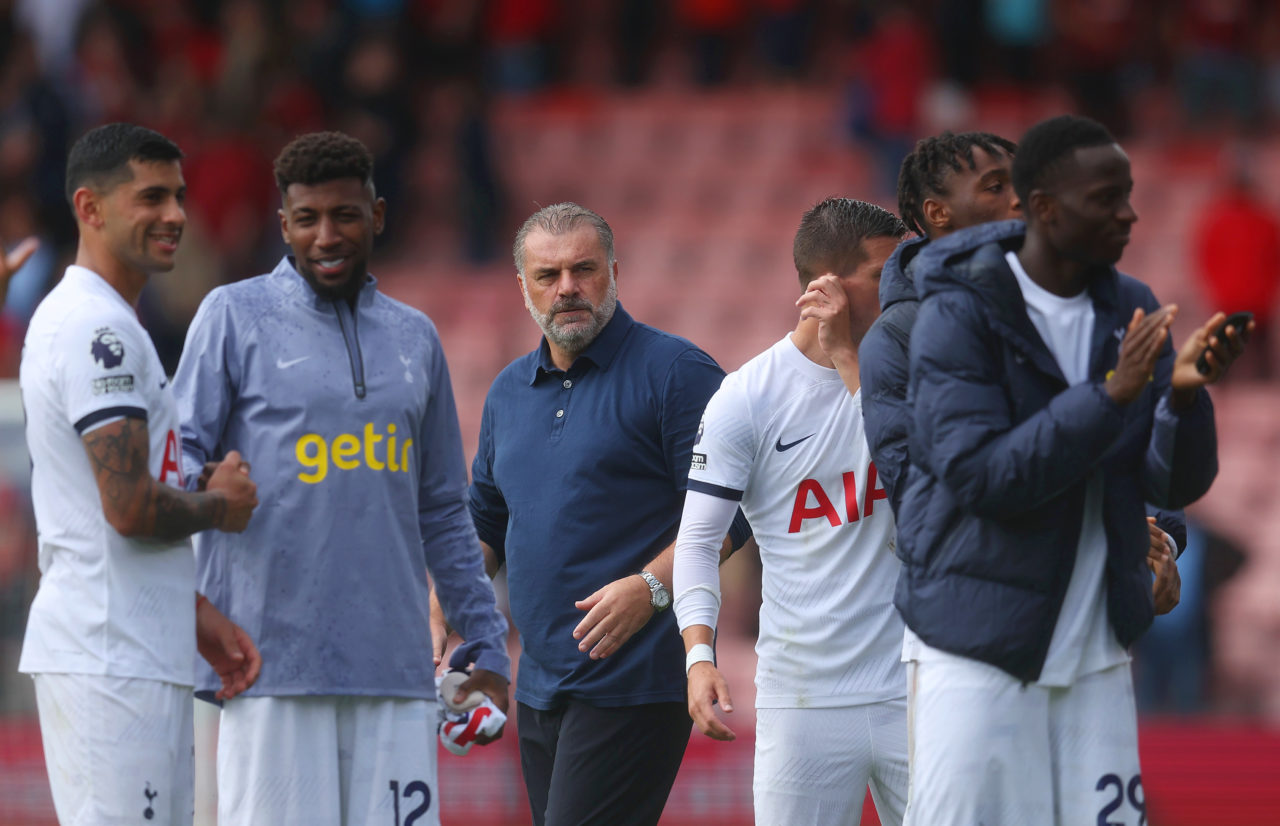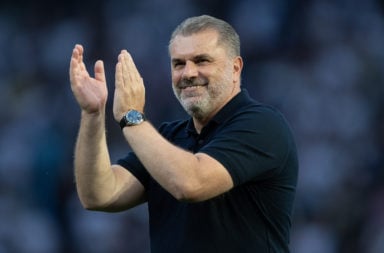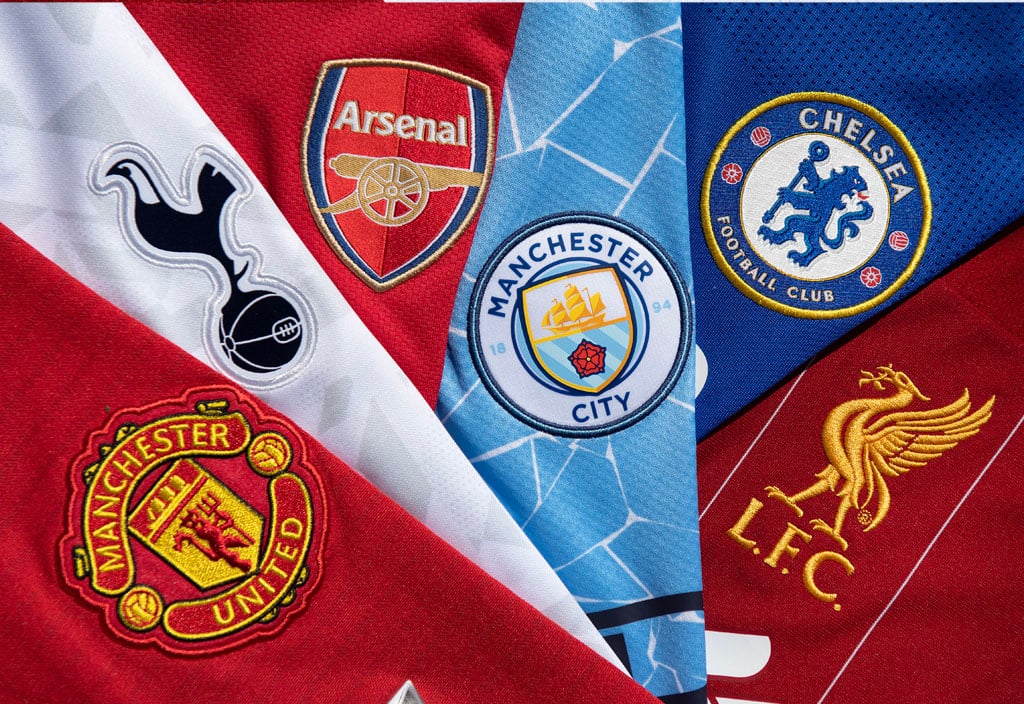In life, apparently, there are two things that are certain: death and taxes.
For me, there is another inevitability, that Tottenham Hotspur and the England men’s cricket team will cause me prolonged periods of consternation, interspersed with occasional moments of occasions of utter jubilation and delight. It is actually scarily similar how the two have mirrored each other through my lifetime.
During my formative years in the 1990s, I was subjected to more than my fair share of disappointment from both teams. Whilst, Atherton, Hussain et al were being routinely annihilated by Warne, McGrath, Ambrose and Walsh; the Tottenham teams of Walker, Edinburgh and Howells were being routinely humbled by Manchester United, Chelsea and of course, most sourly, Arsenal.
Do not get me wrong, there were bright moments from both. Dean Headley’s electrifying bowling of 6-60 in the 1998 (Youtube) to win the test match in Melbourne, to Steven Carr’s sumptuous strike (The Premier League) to cap a 3-1 victory over Manchester United.
For the record, when that shot left Carr’s right boot my grandfather – sitting next to me in the Paxton – was halfway through complaining about another awful cross. I will never forget the look of astonishment on his face as the ball hit the net.
But these moments were not anywhere near frequent enough for my liking, or I suspect, other supporters. More often we were treated to calamitous collapses or Chris Armstrong desperately trying to close down the keeper… to no avail.
The similarities continued into to the 2000s. Promising and exciting sides emerged, led by Messrs Jol and Fletcher.
New players came to the fore demonstrating outrageous skill, panache and hairstyles – the likes of Dimitar Berbatov and Kevin Pietersen showed me that we could have players that the opposition were genuinely fearful of.
Under coaches like Flower, Redknapp and Pochettino I could justifiably claim that the teams I followed were not just good, they were excellent – even envied by our closest rivals, Arsenal and Australia.
But with all good things in sport, they cannot last forever and the inevitable shadow of disappointment and frustration began to loom large and envelope me with bizarre similarity.
England, now marshalled by Chris Silverwood, wanted to be a team that batted long and bored teams out with consistent line and length and miserly economy rates. There was also a fixation, almost solely on the Ashes. Boundaries were no longer the order of the day – instead, we were to rejoice in Joe Denley facing over 100 balls at number three to protect Joe Root (the infamous ‘Dentury’).
In N17, the likes of Mourinho, Nuno (briefly) and Conte wanted to build a team based on defensive solidity and hard work. Instead of goals being celebrated, we were supposed to feel a sense of delight in average kilometres run per ninety minutes. Exciting football was relegated to a distant second by an obsession with attaining silverware.
The irony of course is that both methodologies ultimately failed. Instead of racking up 400+ runs on a regular basis, England’s batters were routinely skittled out of paltry totals.
Similarly, Tottenham’s defence, instead of being a rock upon which the team was based, was routinely breached and looked fragmented and disorganised. Both teams, as the kids like to say, were a ‘hot mess’ and the fans were in despair.
As a supporter of both, it was probably the lowest I have felt. In the 90s I expected to be languishing in the doldrums finishing midtable and occasionally winning a Test Match. But now I had tasted success and I liked it and wanted more.
But the situation looked hopeless – on both fronts. As avid supporters, we are susceptible to extreme emotional feelings, and I felt as though I was in a morass of despair and hopelessness.
But as the saying goes, ‘It’s always darkest before the dawn’ – and so it proved to be.
Out of the shadows walked two Antipodean gentleman, who, within about eighteen months of each other, took the helm as ‘Head Coach’ of the England Cricket Team and Tottenham Hotspur.
I am of course referring to Brendon ‘Baz’ McCullum and Ange Postecoglou.
They had been chosen over seemingly more ‘established candidates’ – Gary Kirsten and Luis Enrique – yet both had an unwavering belief, in themselves and their methods.
The prediction was, from all the experts, that any return to past glories – for either side – would be a monumental struggle and take significant time.
Both inherited sides low in confidence and with morale close to rock bottom. The players had been performing in an environment that was not conducive to high-level performance and fear of failure seemed to be the driving force for many.
A focus on what they ‘could not do’ as opposed to what they could potentially achieve seemed prevalent.
When a player goes onto the pitch worrying about how they are going to get out or whether they will misplace a path, they are instinctively going to overthink and overcomplicate the situation. If they go out thinking about where they will score runs, or how they will play a through ball, then they are in a positive place.
Two players who exemplify this in abundance are Zack Crawley and Yves Bissouma. Crawley no longer worries about whether he will nick off to slip, all he is concerned with is how many of his thumping cover drives will reach the boundary.
Similarly, Bissouma is not now preoccupied with giving the ball away, only how he can drive the play forward and start another attack.
One thing everyone wants in life is clarity, and under these coaches, everything is crystal clear. This is our vision; this is how we will fulfil it and this is how we will prepare you to succeed within this system and, crucially, if you make a mistake trying to enact the vision, you will not be blamed.
Also, if you do not buy in, we will not compromise the vision and you will not be selected. But, given the charisma of the two, everyone wants to buy in (except possibly Tanguy Ndombele).
The vision of both men is clear. We attack.
It would be easy to over-simplify this as reckless, gung-ho tactics, yet it is neither of those things. It is far more nuanced and focuses on always taking the positive option.
With the England cricket team, we have seen extraordinary run rates and even more extraordinary fielding positions. The team are always hunting for an advantage and to push for a win – even to their own detriment on occasion.
In a smaller sample size, we have seen the same of Postecoglou’s Tottenham. Always looking for an angle to attack and score a goal. It was telling in the game against Brentford that by the end only one team were looking for the victory – and it wasn’t the home side.
It is amazing how high-class, professional players can perform once they feel ‘liberated’. Having won 1 out of 17 test matches before McCullum, they proceeded to win 13/18 since (Howstat). Ange Postecoglou is admittedly a lot earlier in his journey, but the signs are certainly positive.
One thing that will surely be similar in the coming weeks or months is that there will be a bump in the road.
South Africa thumped England in a Test Match by an innings and 12 runs. Everyone had been waiting for this – an opportunity to claim that they had been ‘hoisted by their own petard’ (Interesting Literature).
Without exception, everyone believed that Stokes would come out afterwards and say that they might need to ‘temper their aggressive nature’. But like any zealot, Stokes doubled down, declaring that they were not aggressive enough and would seek to rectify that in the coming matches. And boy did they.
They thumped South Africa by and innings in the next test and by 9 wickets in the following match. Vindication.
Spurs and England cricket are eerily similar
Undoubtedly, the way Tottenham play they will suffer defeats, and it might come in a surprise 4-2 reverse to a team like Fulham, but if I am correct (and I am pretty confident that I am), the message from Ange will be like that of Stokes – we need to attack harder. We must attack harder! In effect – we must drink more of the ‘cool aid’ to succeed.
I do not use that phrase flippantly. There have been a few that have slyly jibed that ‘Bazball’ is a cult and I feel like the same will be said about Ange at Tottenham. Indeed, it seems almost ‘cultish’ that almost every Tottenham supporter is already an ‘Angaholic’ and I am yet to hear one Celtic fan say anything negative about the man.
Cult or not, I don’t care and I am happy to be signed up and praising the virtues of both men for as long as the teams I support continue to put a smile on my face.
Have something to tell us about this article?




